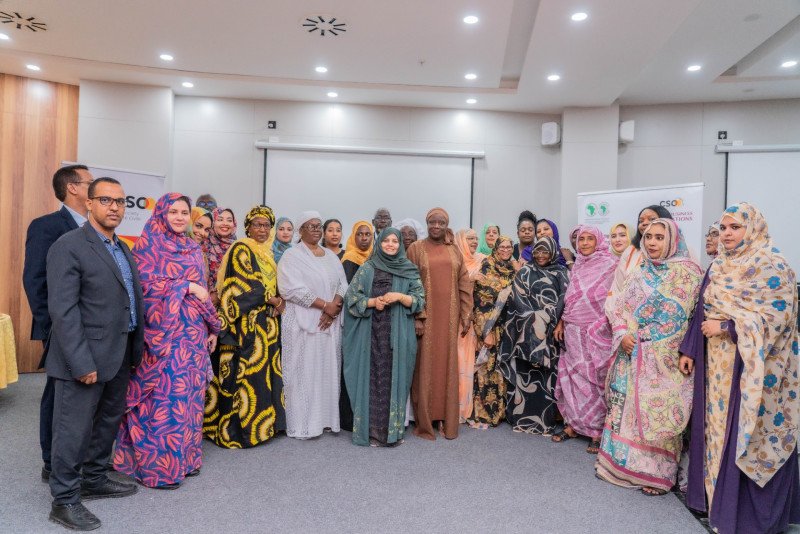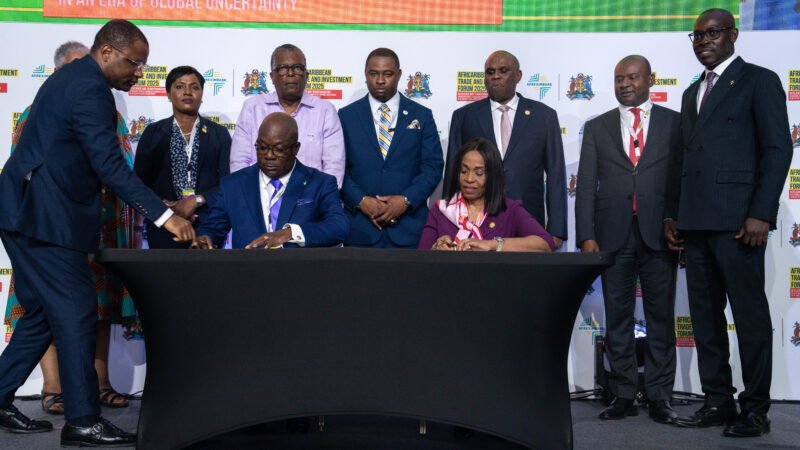AfDB study maps women entrepreneurs’ associations in Africa, reveals urgent capacity and financing gaps
The African Development Bank (AfDB) has released the findings of a first-of-its-kind women entrepreneurs’ study mapping associations across 16 African countries. The research reveals significant capacity and financing gaps limiting the potential economic impact of women-led enterprises.
Launched on 6 August in Nouakchott, the study shows that while nearly one in four African women is an entrepreneur, 87% of women’s associations lack financial management capacity. Only 29% maintain partnerships with financial institutions, and in Mauritania, 83% rely primarily on membership fees — highlighting the urgent need for sustainable funding mechanisms.

A collaborative platform for change
The report was presented during a workshop gathering women entrepreneurs’ associations, civil society groups, public institutions, financial entities, and development partners. Participants reviewed the findings, identified priority needs, and began drafting actionable strategies.
“This workshop is a genuine space for exchange, co-creation, and forward-looking engagement,” said Zeneb Touré, Manager of the AfDB’s Civil Society and Community Engagement Division. “We are here to combine our expertise and chart the next steps to support women entrepreneurs’ associations across our continent, and in Mauritania in particular.”
Touré emphasized that Africa’s future is being shaped by its women entrepreneurs, adding that the study could serve as a blueprint for inclusive development “if we work together.”
Capacity gaps and success stories
The mapping also uncovered examples of successful capacity building and innovative financing models for women-led micro and small enterprises.
“These figures confirm our daily experience in the field. Our associations are brimming with potential, but they need structured support to multiply their impact,” said Fatimetou Mint Sidi Mohamed O. Elvil, President of the Mauritanian Council of Women Entrepreneurs.
For Lematt Mint Megueya, President of the Mauritanian Union of Women Entrepreneurs and Traders (UMAFEC), the study provides “a comprehensive overview of our associations, their institutional capacities, and their specific needs.”
The symbolic handover of the report to Mauritanian associations marked the start of a national drive to replicate best practices and strengthen partnerships.
Aligning with AFAWA’s mission
The initiative supports the Bank’s Affirmative Finance Action for Women in Africa (AFAWA) program, launched in 2016 to close the estimated $42 billion financing gap for women entrepreneurs. AFAWA has already partnered with 185 financial institutions, channeling over $1.2 billion to women-led businesses.
It also aligns with the AfDB’s 2021–2025 Gender Strategy, which aims to transform key sectors into accessible opportunities for all, ensuring equal access to resources, infrastructure, and essential services.



